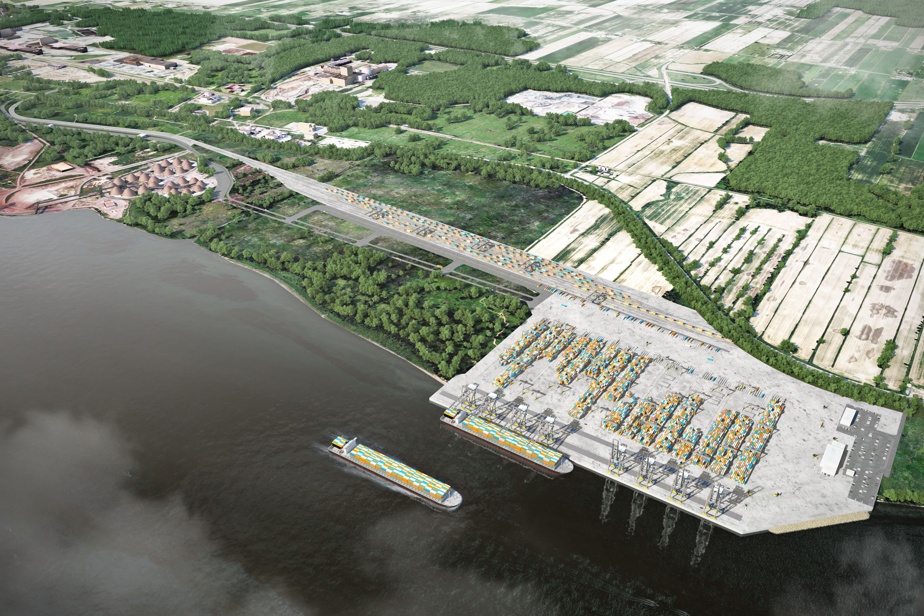The schedule for the Port of Montreal expansion project at Contrecœur is in jeopardy, as the federal government is slow to announce the necessary new investments.
Due to the inflationary context, the project is encountering higher costs than expected, given the increase in the price of materials and overall production. This situation raises fears that the private partner will no longer be able to bear the difference in costs.
An additional financial injection is therefore all the more important since, without it, the Montreal Port Authority will probably have to restart the call for tenders process and, at the same time, exceed the 2027 deadline initially planned. On this date, the current port facilities will reach capacity.
However, the federal government has the financial means to extend the necessary money, in particular through the National Trade Corridors Fund, with an envelope of $4.7 billion.
These investments are more than necessary to materialize the announced manufacturing projects, take advantage of international agreements and decarbonize the transport of goods thanks to the strategic St. Lawrence corridor.
We can count on the most innovative processes, the most efficient factories and the most resilient farmers, if these goods do not reach their destination or cannot rely on efficient transport infrastructures, no one will be able to benefit from them.
For 30 years now, the expansion of the Port of Montreal’s activities in the Contrecœur sector has been discussed. This new container terminal would have an additional capacity of 1.15 million TEUs (twenty-foot equivalent unit) and would improve the resilience of supply chains, as rightly suggested by the task force mandated by Ottawa to study the question.
The Quebec government has already injected $130 million, including $75 million in its latest budget, but Ottawa is slow to release the money. However, these investments are more than necessary to consolidate the status of the Port of Montreal as a trade platform at the heart of the strategic St. Lawrence corridor.
Greater Montreal and Quebec as a whole benefit from an advantageous geographic and strategic position in North America as a gateway for entry and exit of goods.
The federal government has repeatedly reaffirmed its support for the Contrecœur project, and we have no reason to doubt this commitment. That said, it is time to act and adjust the shot so as not to delay the project. Our economic performance beyond 2027 depends on it.

